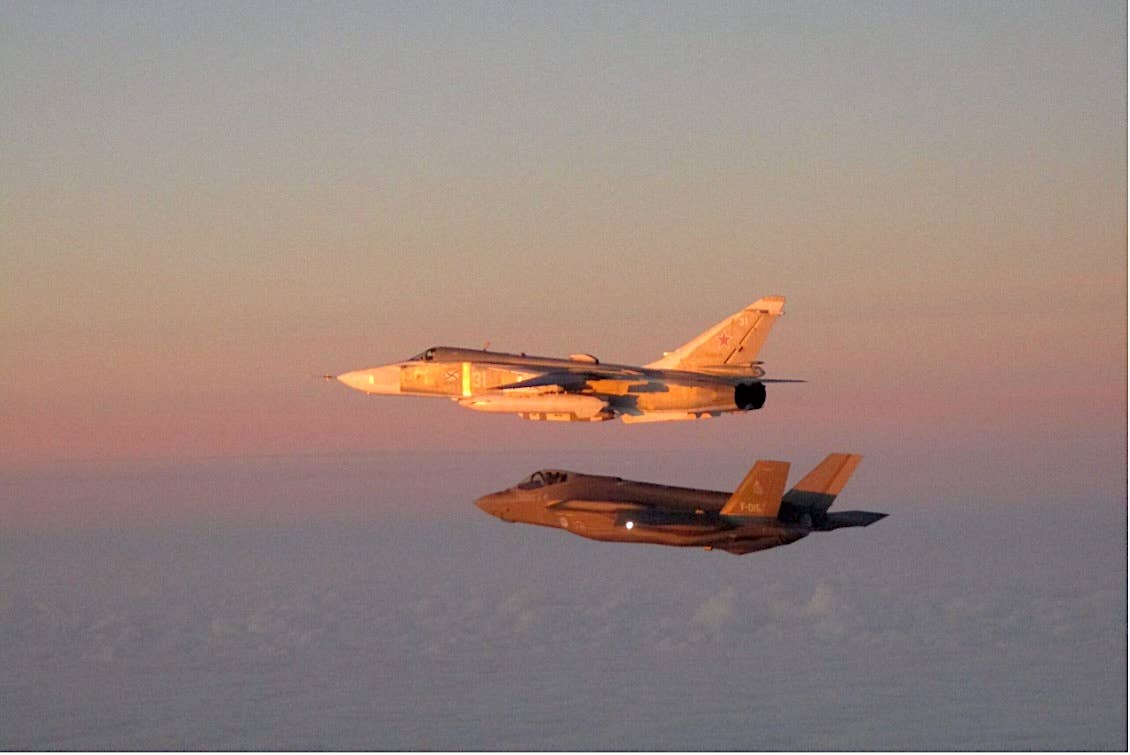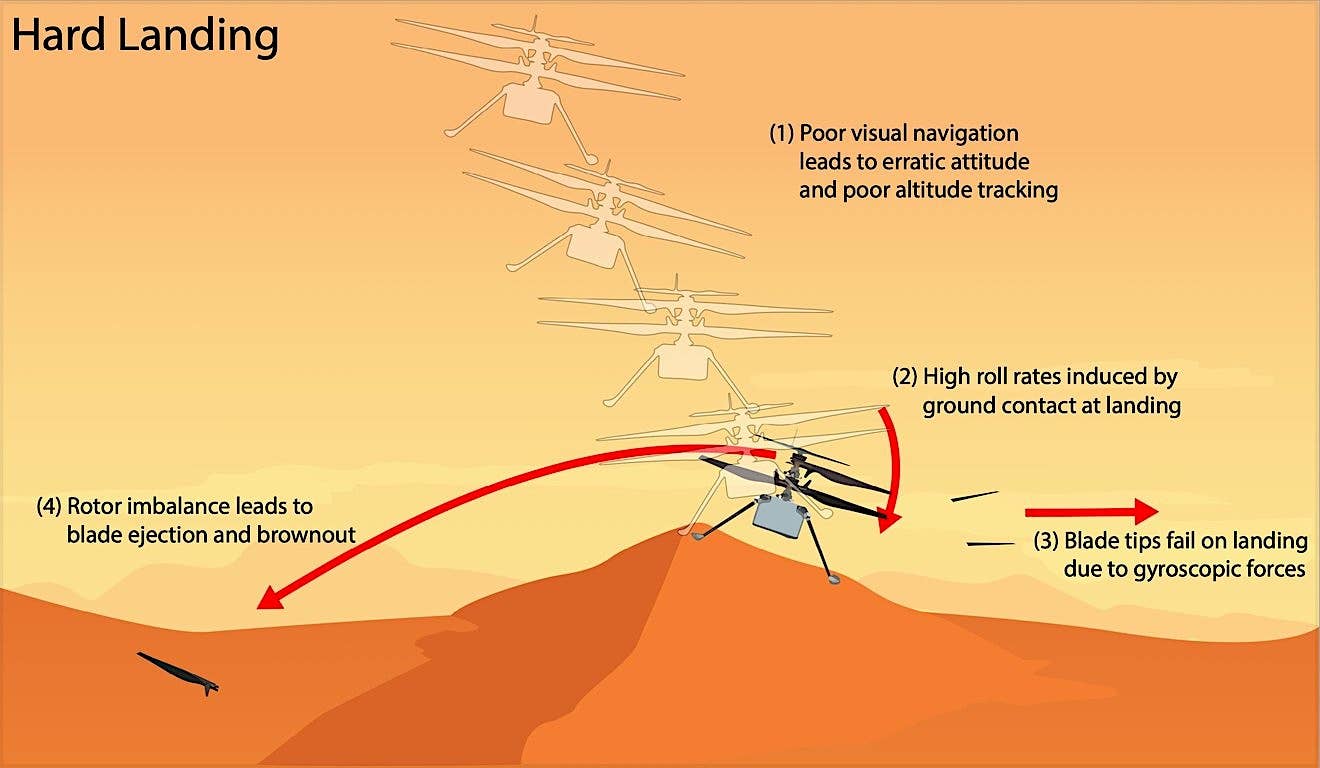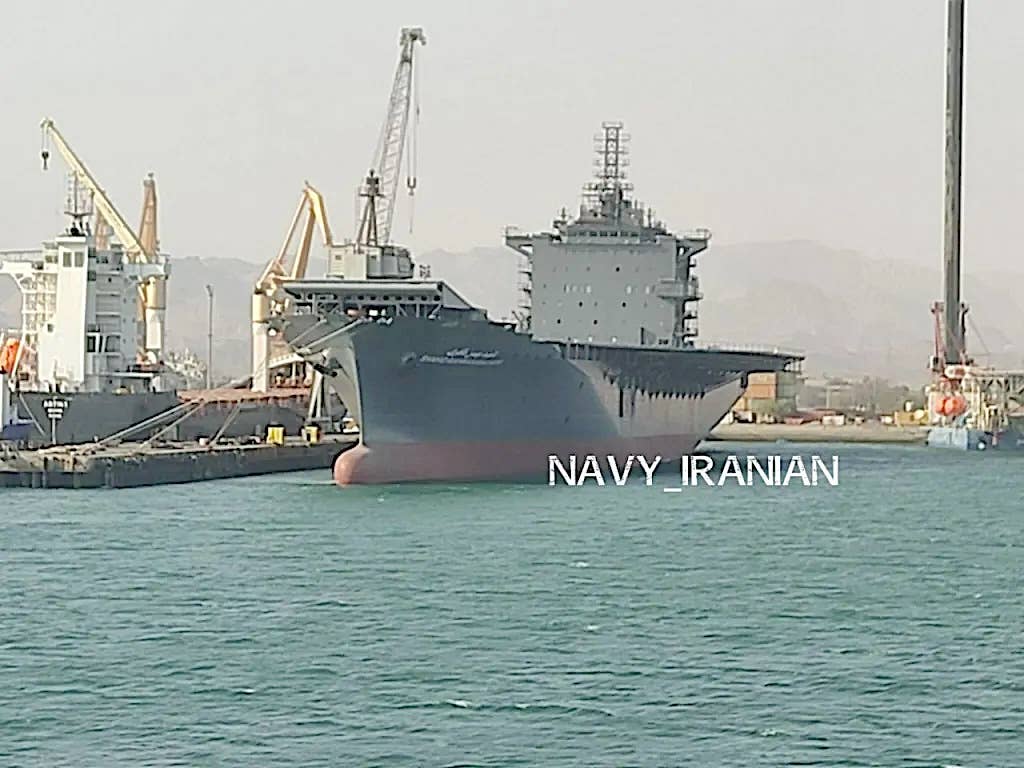Chinese Fighter Harasses U.S. P-8
A Chinese Su-27 fighter made several “dangerous” and “unprofessional” passes at a U.S. Navy P-8 Poseidon this week-coming as close as an estimated 20 feet at one point-in what the White House called a “deeply concerning provocation.”

A Chinese Su-27 fighter made several "dangerous" and "unprofessional" passes at a U.S. Navy P-8 Poseidon this week-coming as close as an estimated 20 feet at one point-in what the White House calleda "deeply concerning provocation." The incident, which is reportedly in violation of international law, occurred Tuesday in international airspace in the South China Sea about 135 miles east of Hainan Island, the Pentagon said. It's unknown whether the Chinese pilot was acting at the direction of higher command, or was simply an immature hothead. Questions about the competency of Chinese fighter pilots have been raised previously, particularly following a 2001 event in which a Chinese fighter pilot ran his Shenyang J-8 into a U.S. EP-3 that was flying straight and level on autopilot as he was trying to impress its crew. The collision killed the fighter pilot and resulted in a forced landing of the EP-3 on Hainan Island and internment and interrogation of the crew by the Chinese for 10 days.
Rear. Adm. John Kirby, the Defense Department spokesman, described the armed Su-27's flamboyant approach-it three times crossed beneath the Navy Poseidon patrol aircraft with "only 100 feet of separation." "The Chinese jet also passed the nose of the P-8 at 90 degrees with its belly towards the Poseidon, we believe to make a point of showing its weapons load," Kirby said. It then "flew directly under and alongside the P-8, bringing their wing tips to within 20 feet, and then conducted a roll ... over the P-8, passing within 45 feet," Kirby added. Sounding exasperated, he called the maneuvers by the Chinese jet "pretty aggressive, very unprofessional." Deputy National Security Adviser Ben Rhodes said it was "obviously a deeply concerning provocation and we have communicated directly to the Chinese government our objection to this type of action." Rhodes said the United States has encouraged "constructive military-to-military ties with China" and "this type of action ... violates the spirit of that engagement."






